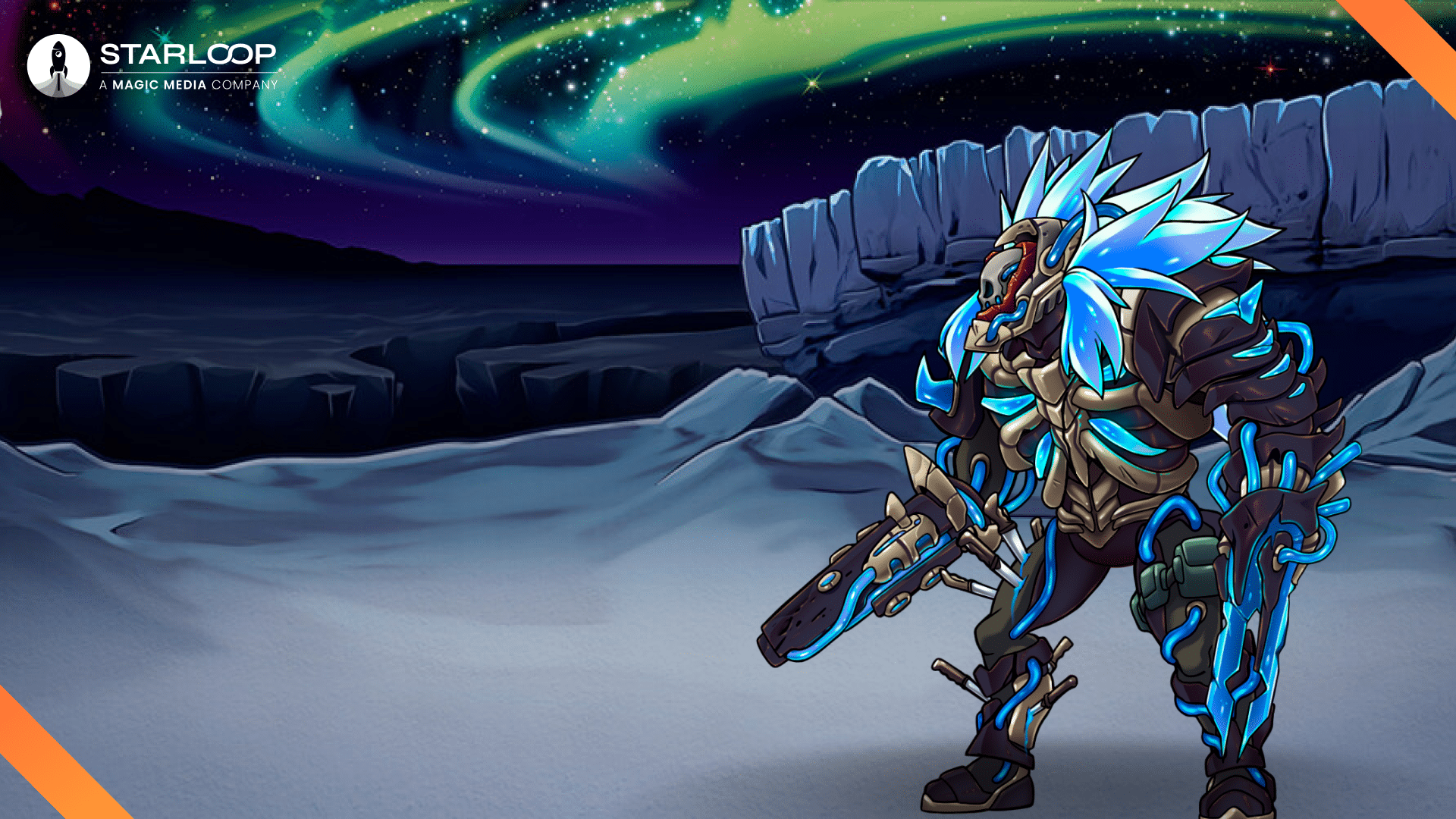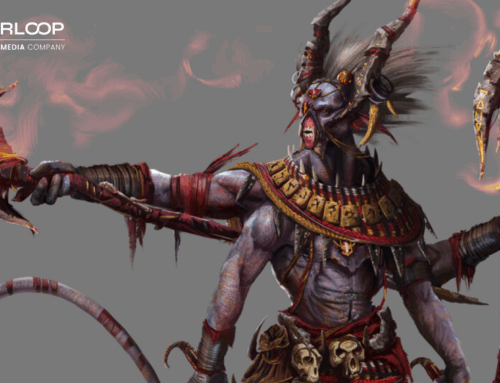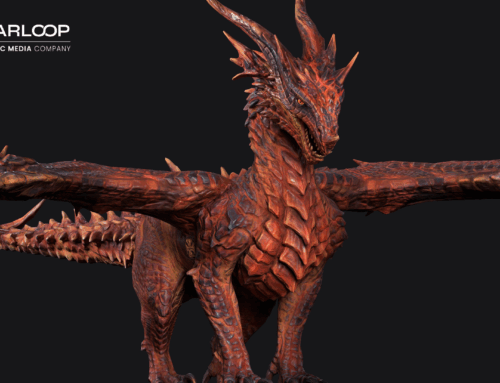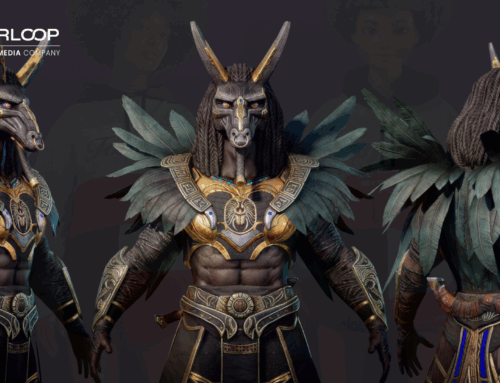Metaverse can be difficult to define clearly, but it effectively represents virtual 3D spaces that allow countless people to interact with each other from home using a wide range of access points. In the gaming industry, they intersect traditional gameplay mechanics and social features to allow players to interact with each other co-operatively or competitively.
They often strive to act as a virtual counterpart to real life, simulating real-world interactions in a potentially unlimited digital environment. Metaverses offer a range of possibilities for not only game developers but for players as well. It’s difficult to determine if and when metaverses will be widely adopted in the gaming industry, but there is potential for them to help the industry make a significant leap forward.
Accessibility of the Metaverse
Metaverses are accessible in several ways. Some of the most popular metaverses at the moment are accessed in a mix of methods, such as Fortnite on games consoles, PCs, and mobile devices, and Pokemon Go and its use of augmented reality. Metaverses also exist on virtual reality headsets. Thanks to this level of availability, consumers aren’t strictly required to purchase any one piece of hardware to interact with the metaverse. Those interested in metaverses can access them most conveniently, potentially without any additional expenses.
This is equally beneficial for developers, who can build their metaverse games on virtually any platform of their choice. This element of choice is a boon for developers who want their metaverse widely accessible, they can limit them to one platform or a select group, or make them widely available. Further to this, there is no strict requirement to use any one interfacing method, it’s equally viable to use VR, AR, traditional controller devices, and a mouse and keyboard.
Digital Marketplace and Interoperability
The metaverse could mark a significant step forward for buying, selling, and exchanging digital goods in the gaming industry. Many metaverses leverage blockchain technology and NFTs to facilitate inter-player exchanges and incorporate digital marketplaces. Though it is possible to purchase items in-game in titles like World of Warcraft and Fortnite, some definitions of the metaverse’s future include interoperability between different platforms.
This could mean that players will be able to buy and sell assets in one game, and continue to make transactions with the same digital assets in another metaverse platform. This is largely theoretical and has yet to be executed in a widespread way, but it’s a promising vision for the future of the games industry that could be leveraged by developers.
This could open up several possibilities for developers and interactions between different games. Not only could this be beneficial for games made by the same developer and titles released under the same publisher, but it also could open the door for partnerships between different companies. This could establish a multiverse of metaverse’s with levels of interaction between them not seen before in the gaming industry.
A Step Forward for Game Developers
The metaverse represents much more than just an intersection of gameplay and social features. Immersive gameplay is progressively becoming more of a priority for developers and players, and the metaverse has the potential to bring gameplay immersion to levels previously unseen. Thanks to the different access points possible with the metaverse, people can interact with each other and engage with gameplay mechanics in any number of ways, including VR. Virtual reality allows players to be surrounded by the metaverse and directly dictate the actions of their digital avatar.
As a revenue stream for gaming industry companies, digital assets, and NFTs seen in metaverses could be seen as a natural next step. Games once used to be sold physically, but in recent years digital copies and even subscription models like Xbox Game Pass have become prevalent. This makes sense as a step forward for monetization that also provides players with a sense of ownership in the process.
Contact Starloop Studios today to learn more about our expert high-quality game development services for all platforms.
As part of Magic Media, we offer a wide range of services for the gaming, entertainment, and tech industries, including but not limited to full-cycle game development, game trailer production, and real-time VFX. Get in contact today, and let’s create magic!



